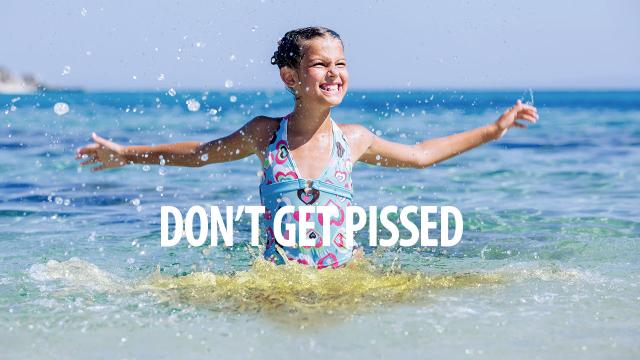I don’t really remember the first time I peed in the ocean. But it must’ve been when I was a girl, during one of my family’s numerous summer holidays to the Jersey shore. We rented the same property in Wildwood Crest year in and year out: a modest three-bedroom apartment just blocks from the beach.
What I do remember is a yearning to never leave the water, for my dad to throw me into a salty green wave one more time while shouting “Uh-oh Spaghetti-o!”
I’d have to guess that it was during one of those marathon splash sessions when I first did it. If you spend enough time in the ocean that your fingers get wrinkly, your lips turn blue, and you have sand in unspeakable places, trudging back across the white-hot pavement to a rental house isn’t really an attractive bathroom option. I’m sure my parents weren’t in favour of escorting their dripping, pruney child to and fro throughout the afternoon and gave their consent.
Today, my husband and I continue the Jersey shore visits — now a tradition — with my niece, taking her to the southern beaches each year for some fun in the sun … and surf. During our first year in the water, at the tender age of eight, she was hesitant. I told her she could relieve herself in the water, and she looked at me with embarrassment, the way only a child could look at an adult. Clearly, I was not hip. CLEARLY, I had missed that day of potty training.
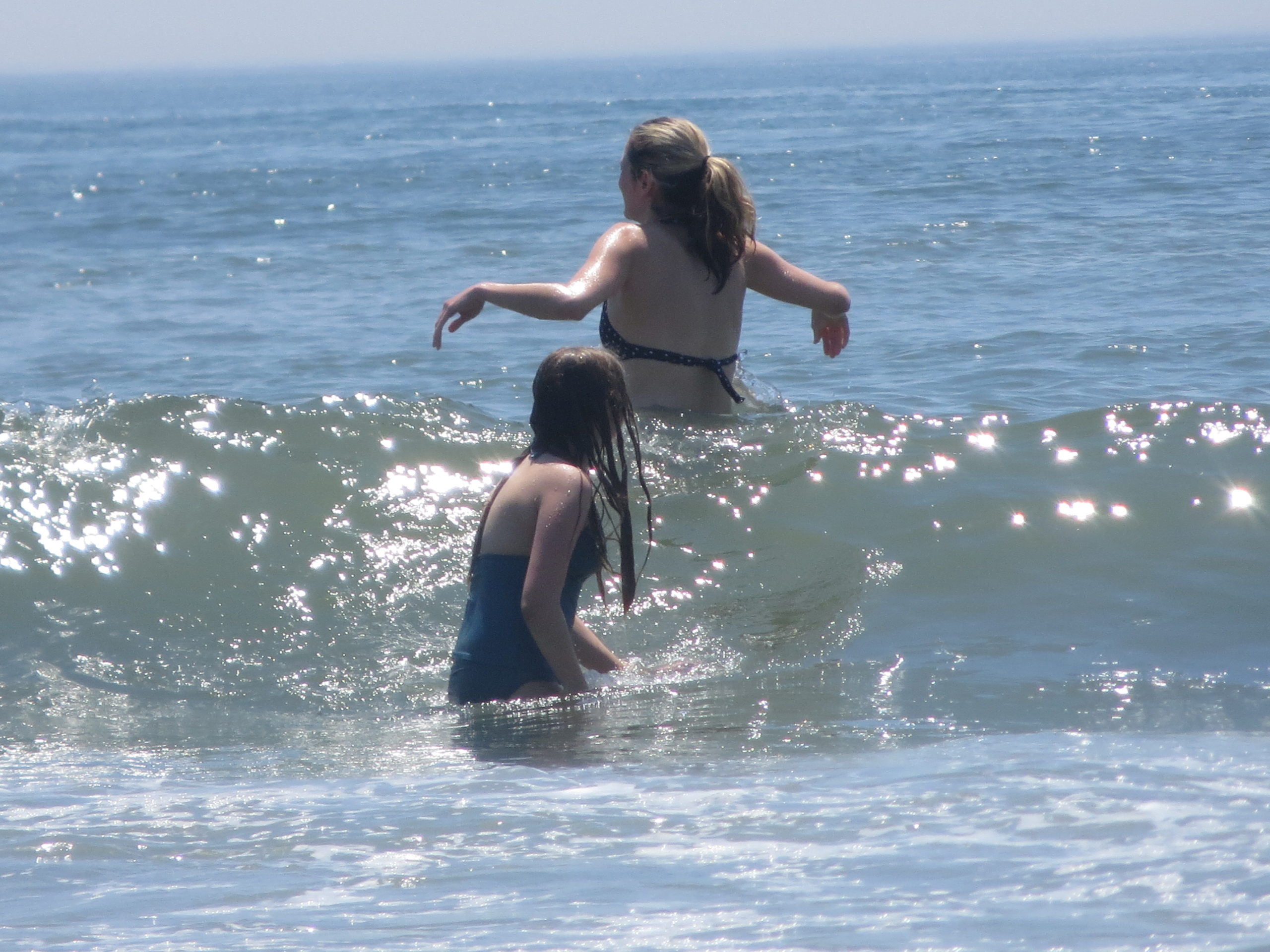
Fast-forward four years, and my darling niece pees in the ocean with the best of ‘em. It’s now my husband that needs the convincing: He refuses to go. To address his noncompliance, my niece and I have become a floating vaudeville act, forcing my husband between us as we put on a show.
Me: “Hey there, you said you had to pee.”
Darling niece: “Yup. I just did.”
Me: “Oh good, me too. So that’s done with. Hey hubs, you feel that warm spot?”
Before I go any further, I should interject here to say that I do not advocate peeing in pools or other small bodies of water — ponds, pristine lakes in the Alps, etc.
But oceans?
Having so far failed with our comedic act, my niece and I this year changed tactics. We decided to turn to science (and chemistry) to reason with our reluctant (yet very tolerant) companion. Using the WiFi at the beach house, we mounted our case.
Exhibit A: It’s Basically Saltwater
Urine is the vehicle by which your body gets rid of undesirable chemical compounds. But that doesn’t mean the compounds you’re peeing out are necessarily harmful to anyone (although, again, I should interject here and say I don’t recommend drinking pee or getting it in one’s eyes). For instance, according to NASA Contractor Report No. CR-1802, put together in 1971, the average human’s urine is more than 95 per cent water, and it contains 1-2 g/L of sodium and chloride ions. OK, so water + salt.
These happen to be molecular species found in seawater. According to Encyclopedia Britannica, the ocean is about 96.5 per cent water, and it contains a lot more salt–about 19 g/L of chloride and 11 g/L of sodium. So far so good.
There are other salt ions in each of these liquids at lesser concentrations. For instance, potassium in urine has a concentration of about 0.75 g/L, and potassium in seawater is at 0.4 g/L. Nothing drastically different here.
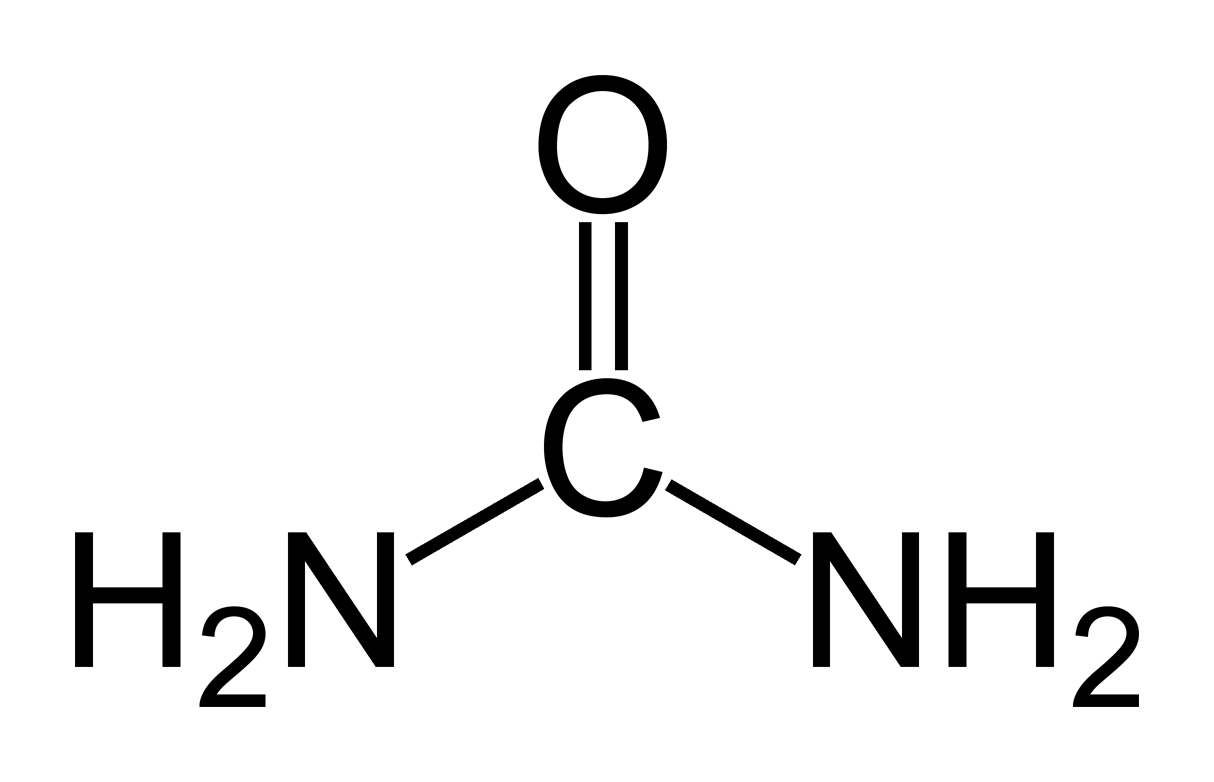
Where the composition of a person’s urine strays a bit from that of seawater is with the components creatinine and urea. Both compounds are routes the body uses to get rid of nitrogen. Creatinine is a nitrogen-heavy cyclic compound that is a breakdown by-product of energy-laden molecules in muscle. It’s only present in the average person’s urine at about 0.7 g/L. Urea, on the other hand, is more concentrated: It’s present at about 9 g/L. Because it’s high in nitrogen, the molecule is frequently used as a fertiliser, but it’s also applied in topical creams as a moisturising factor.
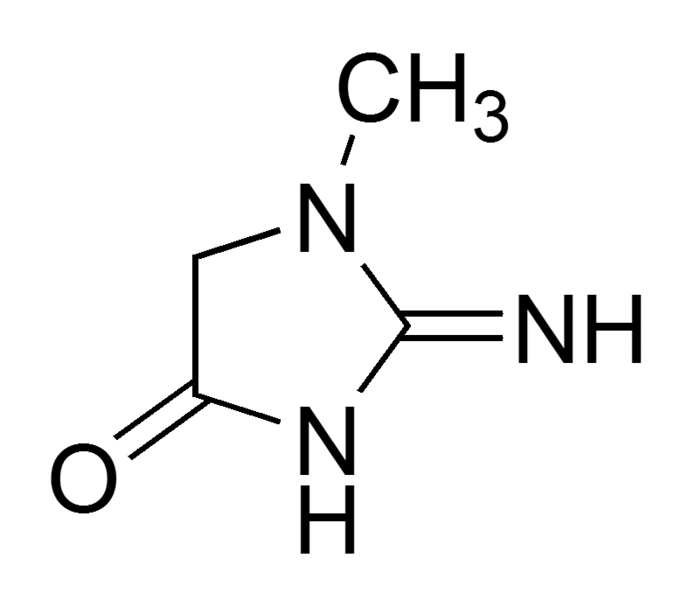
Exhibit B: Even If the Whole World Did It…
Everything’s relative. It seems like urea might be a problem, given that it comes rushing out of us humans at rather high concentrations. When it breaks down in water, it forms ammonium — a charged molecule sucked in by plants and converted into nutrients. Again, according to the Encyclopedia Britannica, nitrogen-containing compounds are important parts of seawater because “they are important for the growth of organisms that inhabit the oceans and seas.”
But again, maybe 9 g/L is too much. So I give you a little calculation:
According to Stuart Jones, a biochemist in the department of clinical biochemistry at King George Hospital, in East London, a person excretes 0.2-0.5 L of urine during a typical potty break. (And, yes, I consulted an expert). So a person, on average, pees out 3 grams of urea per go.
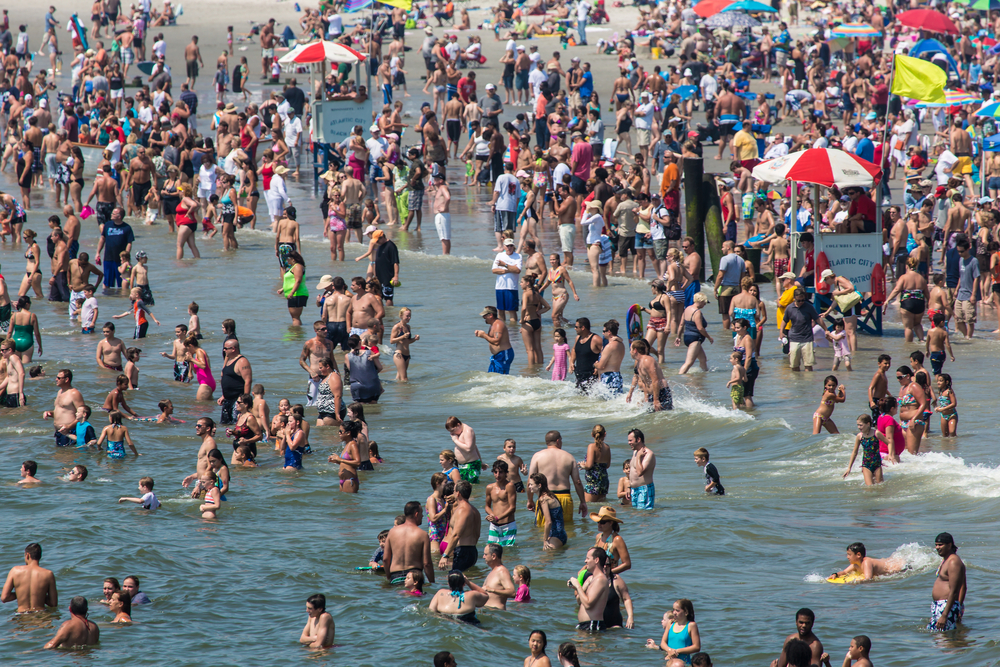
There are 7 billion people on the planet. Let’s just say that all of them relieved themselves in the Atlantic Ocean at once (the Atlantic and its adjacent seas have a collective volume of 3.5 x 1020 L), there would be about 6 x 10-11 g/L of urea in that body of water. If you’re a chemist and you think in terms of moles, that’s about 1 picomolar urea, a pretty tiny concentration for a highly unlikely situation in only one of the oceans of the world.
As Jones says, “Of course this assumes the urine would be evenly distributed throughout the entire ocean, which would take rather a long time, but you get the point!”
Exhibit C: What About Sea Life?
We are not alone. There are lots of sea critters out there sharing the ocean with us. Because I’m fairly certain whales and dolphins don’t have ocean outhouses that collect and process their waste, they’re also peeing in the ocean. And boy do they pee.
According to a quick search and some papers I found here and here, a fin whale (slender body, found in the North Atlantic, 16 times the length of a human on average) pees at a rate of 970 L/day and excretes amounts of sodium and chloride 23 times as high as do humans. Please feel free to use these fun facts as a conversation starter at your next cocktail party.
Again, back to Jones: “The key thing here is that urine is continuously excreted into our natural environment by billions of creatures across the globe, much of it winding up in oceans eventually in one form or another, but this process is perfectly natural. Indeed, it is essential. Without the fertilising effects of urine nitrogen, many plant species could not survive.”
Now I’m not ignoring the fact that we humans also excrete trace amounts of other things — such as pharmaceutical breakdown products — that a whale or fish likely wouldn’t. There have been reports of fish feminised by birth control hormones in areas downstream of wastewater treatment plants. And there have been studies of behavioural changes in fish exposed to antianxiety medications.
For these reasons, as I mentioned above, I don’t advocate peeing in small bodies of water that don’t circulate. Although he says it isn’t his area of expertise, Jones concurs: “I suppose problems may arise where unnaturally large volumes of excretion products are concentrated into very small areas, such as rivers or streams where they may potentially damage fragile ecosystems.” But again, this might require a large group of people to pee in that small pond.
Exhibit D: Infection Free? Go On and Pee!
Isn’t urine unsanitary? Well, when urine comes out of a healthy human, it’s sterile. Unless someone has a bladder infection, Jones says, pee is clean (so you folks with bladder infections, I don’t want to see you in the ocean waters of southern Jersey).
“Once outside of the body,” he adds, “urine is very quickly colonized by bacteria that thrive on its rich cocktail of excretion products.” That’s why urine can generate unpleasant odours after some time. In the ocean, though, it would only help grow bacteria already present, not add new bacteria to the ocean.
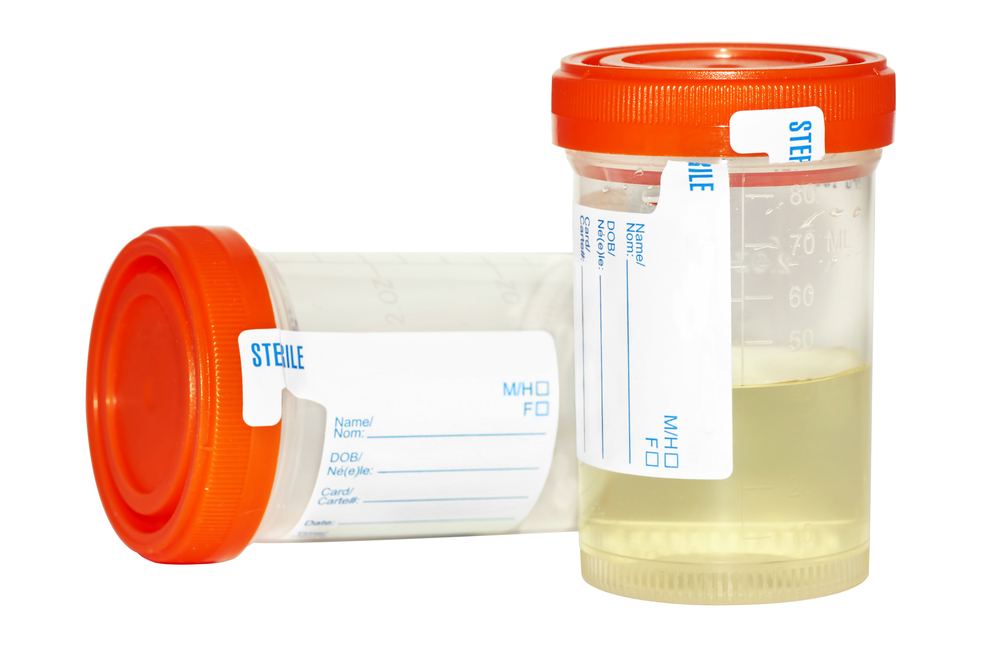
I could go on with further exhibits, but I’m going to rest this case. Dearest husband, don’t just take my word for it, listen to an expert: “No question, pee in the ocean,” Jones says. “Urine is harmless stuff in the first place and is diluted to the point of insignificance within minutes. There are far more harmful things in the ocean to worry about!”
Yeah, like a Sharknado. THAT’s something I worry about.
Pictures: Shutterstock/Christopher Parypa/ Sylvie Bouchard/Max Topchii
CENtral Science is a blog community covering all things chemistry. At this network, hosted by the weekly newsmagazine Chemical & Engineering News, bloggers expound on laboratory safety, artwork authentication, the latest pharmaceuticals on the market, pharmacology, renewable energy and quirky science.
